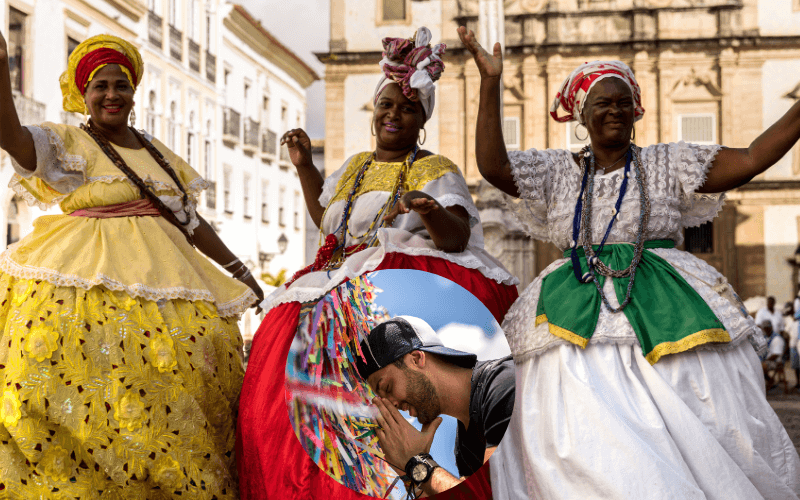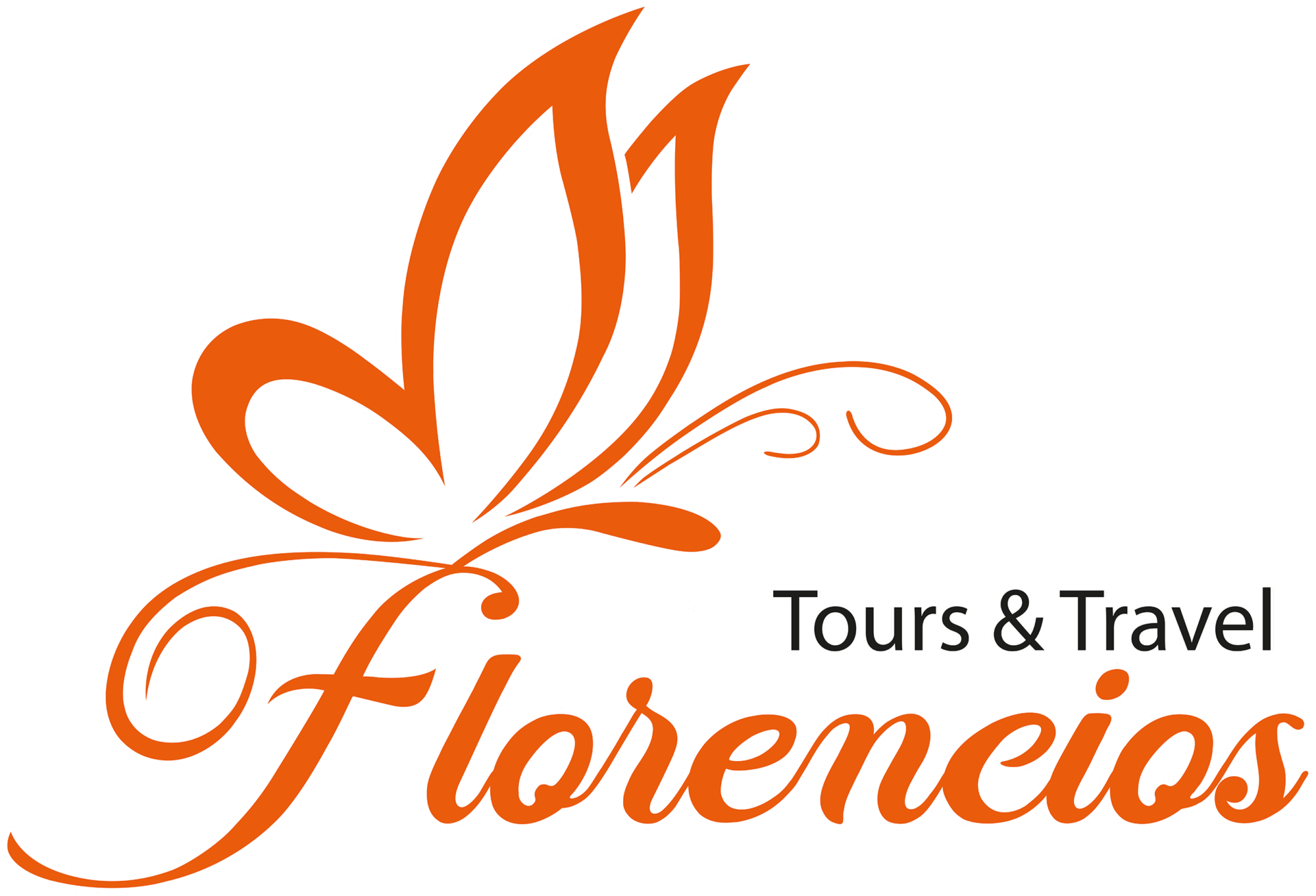Ethnical Afro Tourism in Brazil
Ethnical Afro tourism in Brazil – The Black Diaspora History. Afro-Brazilians are the largest group of afro-decedent people in the Americas. Indeed, the Afro Brazilians are the biggest afro-decedent numerous outside Africa Continent. Consequently, Brazil is a perfect place for afro tourism.
The reason for this numerous African decedents, unfortunately, is the slavery economic system that in Brazil, lasted from the early sixteenth century until the late nineteenth century (1888).
The main ethnic African groups who arrived in Brazil through the Africa diaspora were:
- Sudaneses (Ioruba, Daomeanos, Mina)
- Bantus (Angola-Congolês)
- Bantus (Moçambique’s Counter-Coast)
- Muslims (Peuhls, Mandingas, Haussa)
Brazil was the last nation in the Western hemisphere to abolish black slavery – The productive basis of the colonial (1500-1822) plantation system.
The plantation system was based on:
- Patriarchal
- Enslaver
- Landowner
- Monoculture
Mostly for exportation, along with all Empire’s agricultural period (1822-1889). The slavery long-term process provoked fractures in Brazilian society that, bit by bit, we struggle to be understood and overcame, as the country strengthened democratic pluralism and the notion of citizenship and diversity.
Indeed Ethnical afro tourism is about an Experience based on Afro Brazilian life – Cultural, social, historical, political, and economic understanding – What means to be black in Brazil.
Afro tourism as a community-based experience
Afro tourism, the Black Diaspora History, and heritage legacies, on which itineraries and themes involve social, historical, and cultural aspects, furthermore, it highlights the contribution of the Afro Brazilian community to mold the Brazilian identity.
Therefore, Ethnical Afro Tourism is a compounded of activities resulting from authentic experiences in direct contact with ways of life and identity of the Brazilian black ethnic environment. It is also a kind of Urban Community-based tourism in which local residents, tradespeople, became the leading figures. Where we establish contact with a host community, participate in their traditional activities, observe and learn about their singular cultural expressions, lifestyles, and customs.
In fact, an Ethnical tour involves representative quilombolas communities, favela communities, city communities, as long as, their social aspects preserve their ethnic legacies as guiding values in their way of life.

Ethnical Afro tourism includes culture and religions of African matrix (ancestors’ traditions)
Afro tourism comprises culture, religions of African matrix (ancestors’ traditions), and popular feasts. Some of the Experience Florencios Tour offer:
- A Little Africa (Pequena África) Heritage Tour in Rio – For more details check the links below:
https://www.florenciostour.com/product/rio-de-janeiro-little-africa-tour-the-untold-history/
- Visiting a Quilombo (Maroons) – The black resistance place during slavery in Brazil. Click on the link below to have an idea about this amazing experience you can join in with Florencios Tour :
https://www.florenciostour.com/blog/community-base-tourism/
- Afro tour inside one Favela – Getting to know the “Black” favela Social and economic life. Have a homemade meal inside the favela. How about that?
About Afro Brazilian term
Lately, some Afro-American travelers had inquired me about the “afro Brazilian” term. Asking if we use it on a daily basis. Well, in my personal understanding, this is a term imported from the United States of America. It is used mostly in academic material, media, and tourism trade. Among the black community and Brazil as a whole, we just say black (Preto).
Average black Brazilian, special those from lower social classes, do not make that much connexion with Africa. Afro-Brazilian word is much commonly used among black Brazilians: Academics, scholars, artists, singers…
For the great majority, we are just Brazilian Black people – Povo Preto.

0 Comments